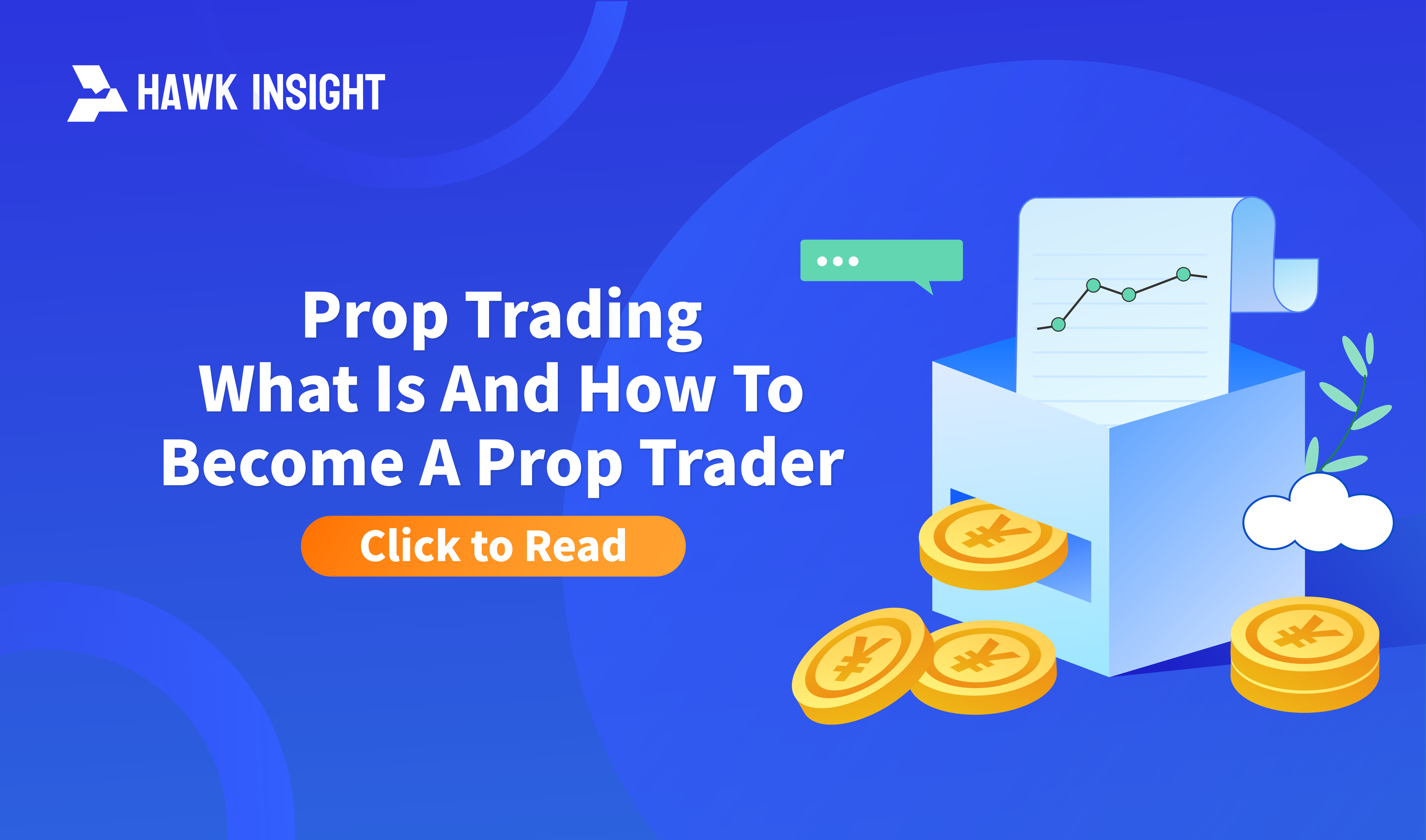Prop Trading - What Is And How To Become A Prop Trader
Learn everything about prop trading.What is prop trading, the salary, and how you can become a prop trader.

Proprietary Trading (Prop Trading) refers to trading firms or financial institutions that use their own funds for trading rather than their clients' funds. This type of trading can occur in various markets, including stocks, futures, forex, bonds, and cryptocurrencies. Below is a detailed introduction and analysis of proprietary trading.
Definition of Proprietary Trading
Proprietary trading involves financial institutions using their own funds to trade, aiming to achieve returns above the market average. These institutions believe they have an edge over retail investors, hence they choose to use their own capital. Proprietary trading requires strict risk management, and high-risk strategies like the Martingale strategy or trading without stop-loss orders are not permitted.
Difference Between Proprietary Trading and Hedge Funds
Hedge funds primarily use clients' funds for investment and earn commissions based on their performance. In contrast, proprietary trading firms use their own capital for trading, and all profits belong to the firm. Proprietary traders typically receive bonuses based on their trading performance, meaning the trading firm shares profits with the traders.
Salary Levels of Proprietary Traders
The salary of proprietary traders varies with experience. The average annual salary for proprietary traders in the United States is $142,000. Entry-level traders earn about $123,000 annually, while experienced traders can make up to $161,000 per year. These figures include base salary and bonuses. Some highly experienced and successful proprietary traders can earn millions annually.
How to Start Proprietary Trading
To start proprietary trading, follow these steps:
- Learn trading knowledge and practice.
- Apply to join a proprietary trading firm.
- Pass the firm’s assessment and receive funding for trading.
- Continue consistent trading, and the firm will gradually increase your trading capital.
Value of Proprietary Trading
Proprietary trading offers high return potential but also comes with high stress. If you can handle the stress and have a passion for trading, proprietary trading can be a lucrative choice. The returns far exceed average salaries, but it requires a love for trading and a commitment to continuous practice to improve skills.
Legality of Proprietary Trading
Proprietary trading is legal as long as it is not conducted by large banks. During the 2008 financial crisis, proprietary traders in large banks caused significant losses, leading to the collapse of several banks. In response, the Volcker Rule was implemented, prohibiting large banks from engaging in proprietary trading to protect their capital and ensure financial system stability.
Volcker Rule
The Volcker Rule aims to reduce high-risk activities of banks and protect their capital. Before the Volcker Rule, banks profited from proprietary trading, but when losses occurred, they were covered by depositors' funds. The rule prohibits large banks from proprietary trading to prevent another financial crisis.
Summary
Proprietary trading involves financial institutions using their own funds to trade in various markets, aiming for returns above the market average.Unlike hedge funds, proprietary trading firms do not use clients' funds, and all profits are retained by the firm. Despite the high stress, proprietary trading offers substantial rewards for those passionate about trading. The Volcker Rule prohibits large banks from engaging in proprietary trading to protect bank capital and maintain financial system stability.
Disclaimer: The views in this article are from the original Creator and do not represent the views or position of Hawk Insight. The content of the article is for reference, communication and learning only, and does not constitute investment advice. If it involves copyright issues, please contact us for deletion.